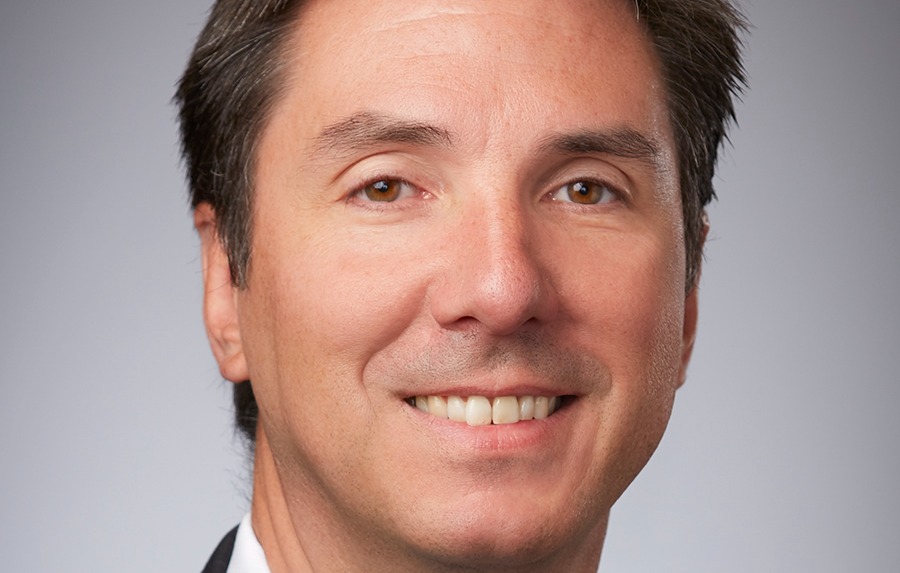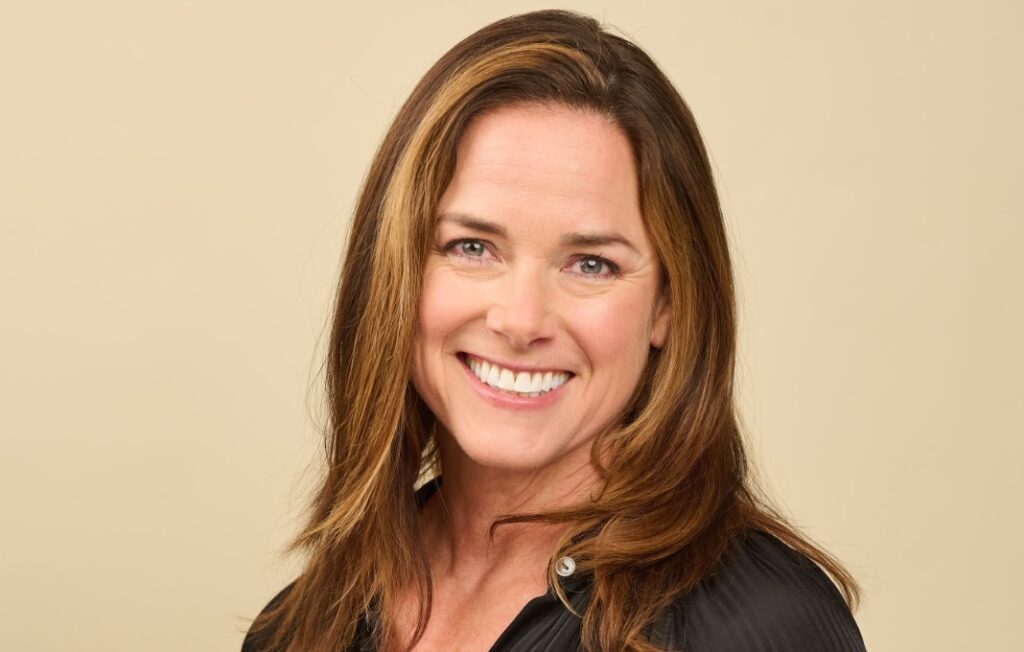Optimizing process is important for any organization to maintain long-term success, but for hospitals and health systems, it’s critical. Dion Gee, CIO of symplr, has been focused on tech to achieve just that.
While the right technology investments can make work “smarter not harder,” Gee also has his ear to the ground: “I think we all need to do a better job of listening to and understanding the challenges of frontline clinicians to determine how we can help.”
Can you tell us more about how you’re prioritizing optimization in this tight labor market, as well as investing in streamlined technology within the confines of a volatile economy?
In a tight or volatile economy, it’s more critical than ever to make the right technology investments that increase efficiency rather than adding extra work and spend. Today’s competitive labor market means it can be hard and time-consuming to find qualified talent to fill open roles. When growing your teams is difficult, you must rely on technology to fill those gaps. Find ways to work smarter instead of harder and implement technology that is highly automated and scalable.
At symplr, we’re introducing generative artificial intelligence and machine learning into workflows to better streamline processes and reduce redundant work. We’ve spent the last several years overhauling our data center infrastructure and automating system deployments. We’ve been able to reduce human error and develop a repeatable, automated process that allows us to deploy 100 servers in the time it used to take to deploy only one.
We’ve also taken a close look at the productivity tools our staff use on a day-to-day basis, such as Teams and Excel. We evaluated which of these tools are truly helping to improve efficiencies and which are just creating additional administrative burdens. Efficiency is the name of the game.
How do you feel technology will impact the evolution of healthcare, specifically in hospitals and health systems, in the next five to 10 years?
Hospitals and health systems are moving toward integrating and consolidating technology in the coming years. In symplr’s 2023 Compass Survey of decision-makers at top U.S. health systems, over half of respondents reported using between 50 and 500-plus software solutions to run their organizations’ healthcare operations.
Many of these solutions are redundant or create duplicative work and data silos—an overwhelming majority of respondents also agreed that working with disparate IT systems complicates their jobs. Leveraging APIs can standardize and link products together, so systems can communicate with each other and are easier to use.
Technology consolidation has the potential to make a big impact on workforce burnout and staffing shortages. It can help healthcare workers be more efficient in their roles and give them time back for patient care—as much as 20 percent more time on average, according to the Compass Survey.
It’s our responsibility as stewards of healthcare technology to get more efficient with technology investment decisions and implementation to cut down on staff burnout and increase efficiency.
What is your advice for other healthcare CIOs in their quest to make IT systems more efficient?
My advice would be to be bold and act without delay. Maintaining an inefficient and disparate IT portfolio is burdensome to both IT professionals and clinicians and has negative downstream effects on patients and the healthcare organization at large. Health systems that don’t take steps to consolidate and improve the efficiency of their operations software are weighing down providers and their ability to provide exceptional care.
When looking at hospital operations holistically, what are ways to ensure that all operational stakeholders with varying priorities, including CIOs and clinicians, are aligned?
Stakeholders across the organization need to sit down and talk about their goals and their pain points. I think we all need to do a better job of listening to and understanding the challenges of frontline clinicians to determine how we can help. Another key to alignment is better data governance and data sharing. Any big business that’s working with a lot of data needs to have a system in place to share that data securely and efficiently.
CIOs and clinicians also need to work together to identify software that is adding to their administrative burden. In symplr’s Compass Survey, 85 percent of CIOs and clinical leaders saw the potential to consolidate operations technology to reduce silos and drive efficiencies. Streamlining and optimizing tech stacks will ultimately put the company and its employees in a position to succeed.








